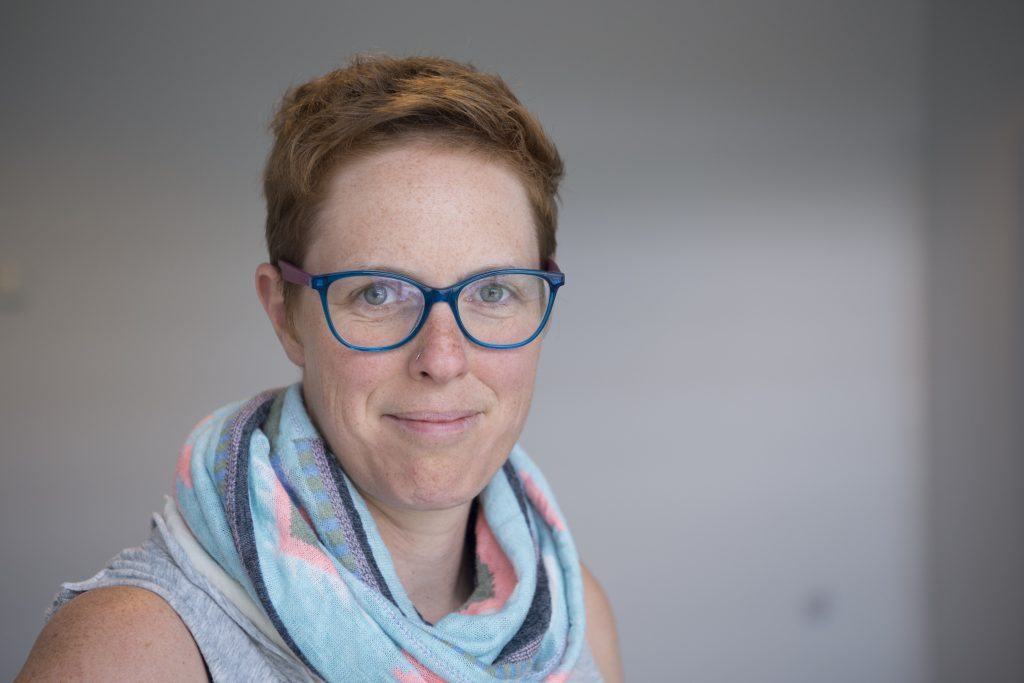Kent Law School Professor Emily Grabham, who champions an influential new field of scholarship on the relationship between law and time, has been awarded a £100k Philip Leverhulme Prize in Law.
Philip Leverhulme Prizes are awarded to researchers whose work has had international impact and whose future research career is exceptionally promising.
Over the past 10 years, Professor Grabham’s research has achieved international recognition, attracting numerous competitive grants, and gaining multiple national prizes.
Professor Grabham says of her work: ‘I argue that paying attention to how people think about, and experience, time is crucial to understanding how equality laws work.’
Professor Grabham’s book Brewing Legal Times: Things, Form and the Enactment of Law (University of Toronto Press) won the 2017 Socio-Legal Studies Association (SLSA) Legal History and Theory Prize. Her articles on law, time, and work received prizes from the SLSA (2018) and Canadian Law & Society Association (2011). As a result of her research, Dr Grabham receives prestigious speaking invitations across the world. With sociologist Dr Siân Beynon-Jones (University of York), Professor Grabham led an interdisciplinary two-year research network called Regulating Time, that comprised over 100 international scholars and was funded by the Arts and Humanities Research Council.
Professor Grabham is currently collaborating on an ambitious project on the legal regulation of sex and gender in England & Wales: the Future of Legal Gender. On this project, funded by the Economic and Social Research Council, she leads research exploring gender-neutral legislative drafting and experimental feminist statutes.
The Leverhulme prize money will enable Professor Grabham to advance her research over the next two years, through two ambitious empirical studies that she hopes will reach a wide public audience:
- ‘Law and Time during Covid-19’: This study will describe and analyse how UK laws arising from COVID-19 shape people’s daily rhythms of work and intimate life, their experience of time passing, and their hopes for the future. Professor Grabham is part of an interdisciplinary team working with Mass Observation to collect and analyse diary entries of people’s experiences of COVID-19: A Day at a Time: The Everyday Experience of Time in the Coronavirus Pandemic.
- ‘Legislative Drafting’: Building on her work in the Future of Legal Gender project, Professor Grabham will conduct a multi-sited ethnographic study applying insights from legislative drafting to key debates in legal theory.
Professor Toni Williams, Director of the Division for the Study of Law, Society and Social Justice at Kent, said Professor Grabham has made a remarkable and sustained contribution to the field of socio-legal studies: ‘She is a leading socio-legal scholar, whose empirical and conceptual contributions to the discipline have cut across subfields, including labour law, legal feminism, and law and time. Her record is prolific and has reached across disciplines, with the significance of her contributions being acknowledged both in law and in other social sciences.’
______
Philip Leverhulme Prizes have been offered since 2001 in commemoration of the contribution to the work of the Trust made by Philip Leverhulme, the Third Viscount Leverhulme and grandson of William Hesketh Lever, the founder of the Trust.

